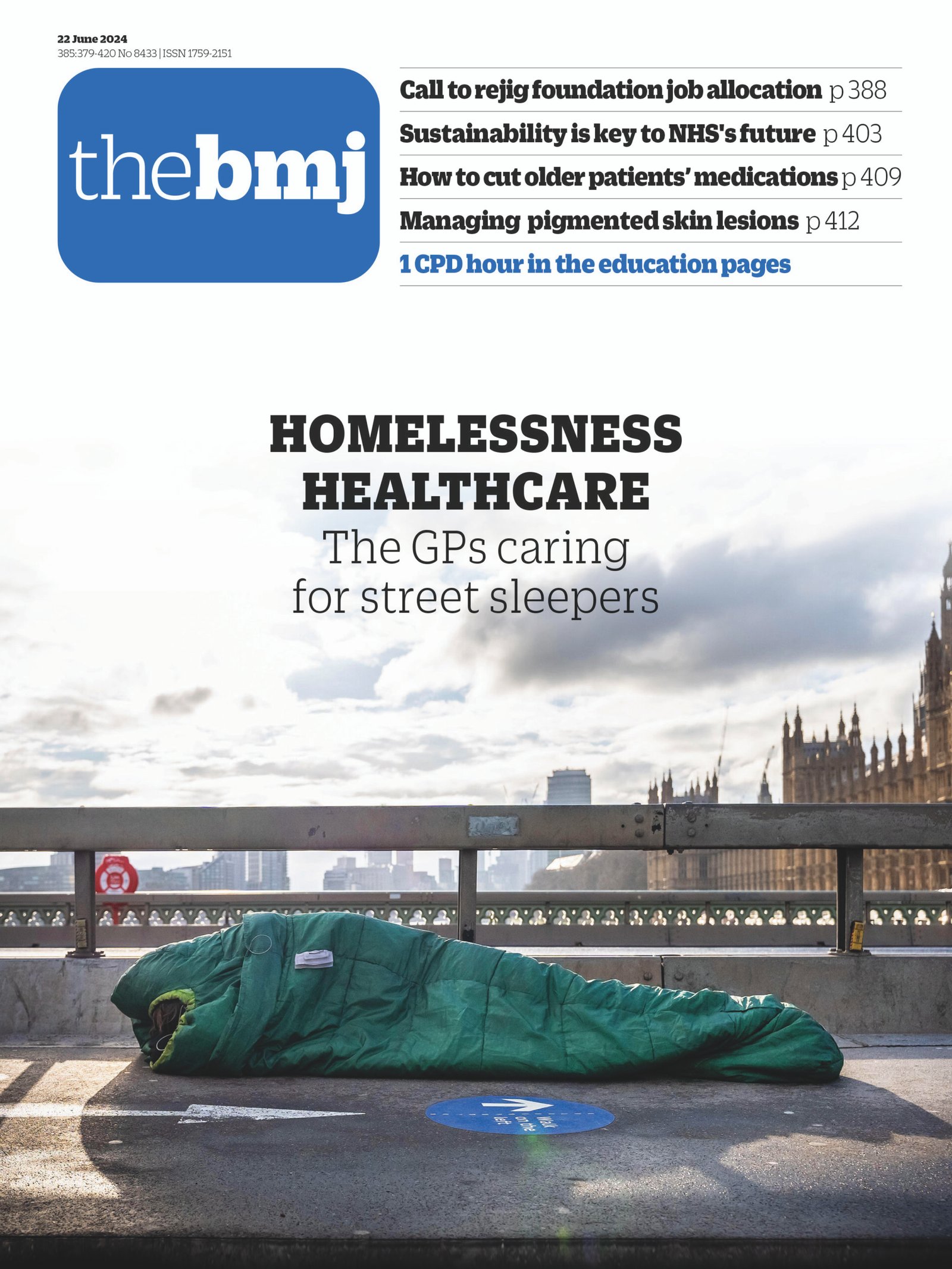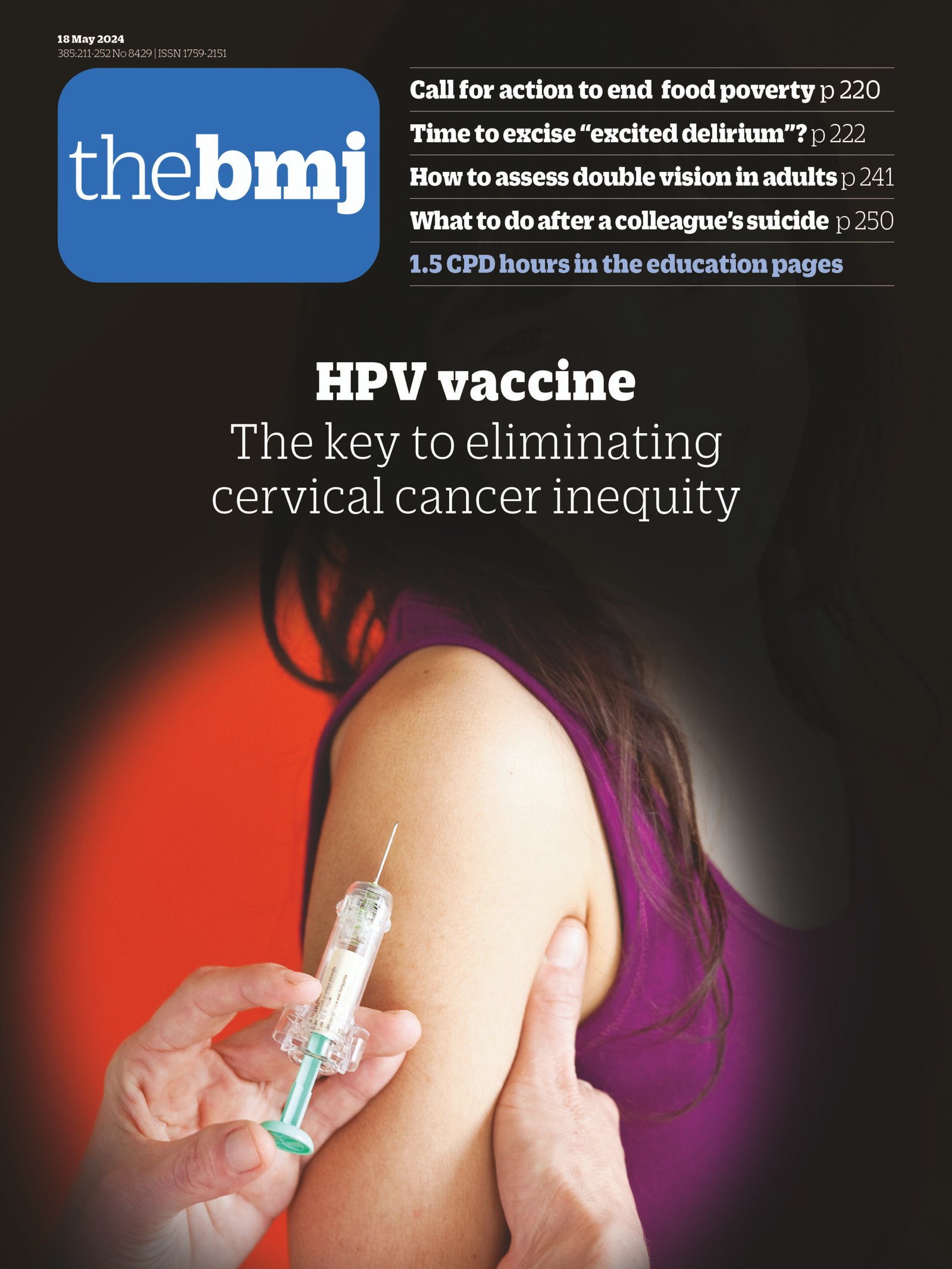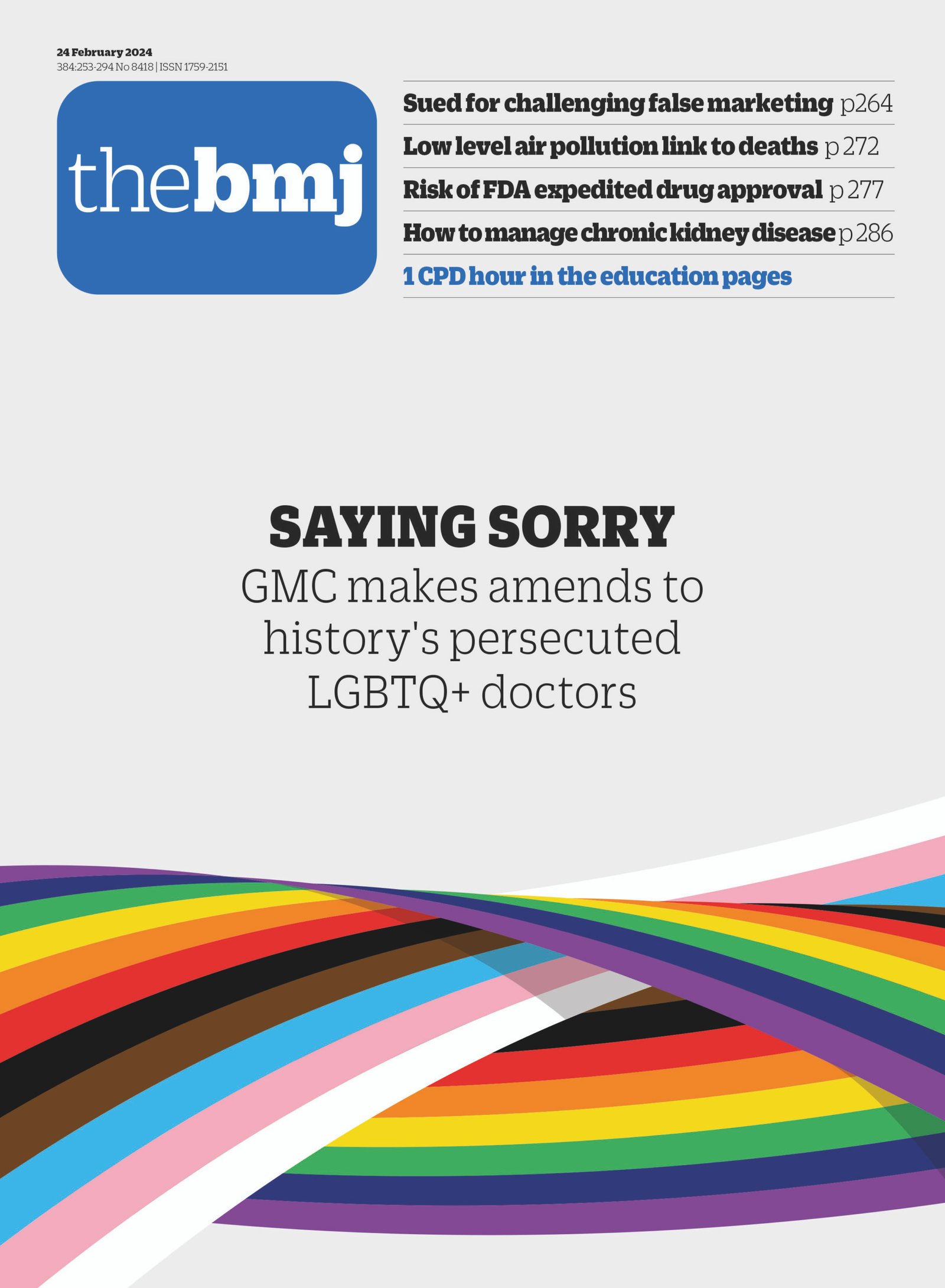In the run-up to every election, the NHS is front and centre of political manifestos. This time is no different, with party leaders over-promising on what they can deliver, lacking detail on how they’ll achieve it.
The public wants to see improved access to healthcare and reduced waiting times for elective care. But I worry that the emphasis on reducing NHS waiting times leaves us firefighting, putting more resources into a system that simply can’t keep up with the growing demand for health and social care. It could leave us failing to acknowledge the bigger picture, in terms of what keeps us well and what reduces our need for healthcare in the first place.
Earlier this year I listened to Chris Whitty, chief medical officer for England, talk about his proposed strategy for a healthier society.1 Contrary to political plans over the years, this wasn’t about building more hospitals or GP surgeries2 or even improving access. It focused on how we maintain people’s independence into old age and limit ill health to the very latter stages of life.

This can be done only through prevention. In part this is about identifying disease early and intervening at a stage when it can make a difference to outcomes and quality of life. But mostly it’s about enabling people to adopt a healthy and active lifestyle—ensuring that they understand what that involves, and then making it easy for them to make the right choices. This can include ensuring that good quality food isn’t prohibitively expensive, providing access to clean air and green spaces, and encouraging and promoting exercise in daily routines.
Social isolation
But education and policy go only so far in helping us achieve these ambitions. What we desperately need is a vision for strengthened communities—communities that are inclusive, active, and empowered to act as ambassadors for health.
In recent years, however, we’ve seen the opposite. Community spaces are largely underused and social connectedness has diminished, with more people reporting loneliness and social isolation.3 Buildings where people used to convene, such as churches, libraries, and post offices, are no longer used as they were. The drive to digitise and automate as much as possible has come at a cost—and little has been done to redress the balance.
It’s recognised that, when people are socially isolated and have no meaningful support network, they’re likely to be more dependent on health and care professionals. As GPs we all have patients who keep finding reasons to come and see us, but we know deep down that it’s because they value the company and the opportunity to talk.
Community engagement and using asset based approaches to health within communities are public health policies based on evidence.4 We’ve seen some very successful large scale examples of this, such as Parkrun, that have had a global impact. But as health is so politicised in the UK, political parties are strongarmed into promising on what will win them votes in the here and now.
The unfortunate reality is that this kind of short termism won’t save the NHS, nor will it improve the nation’s health. As ever, we need leaders who are courageous enough to put communities first and bold enough to have a bigger and better vision for health.










